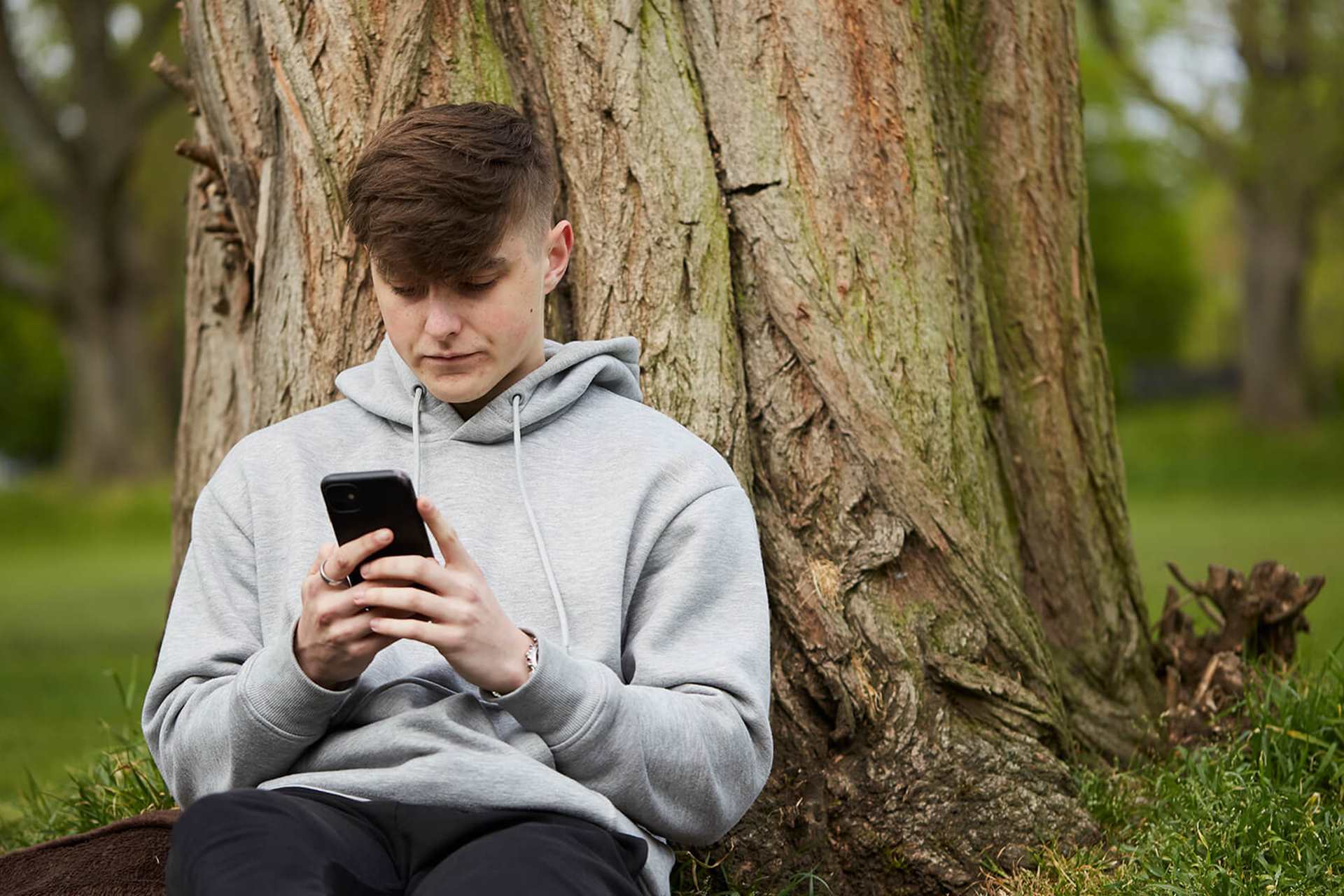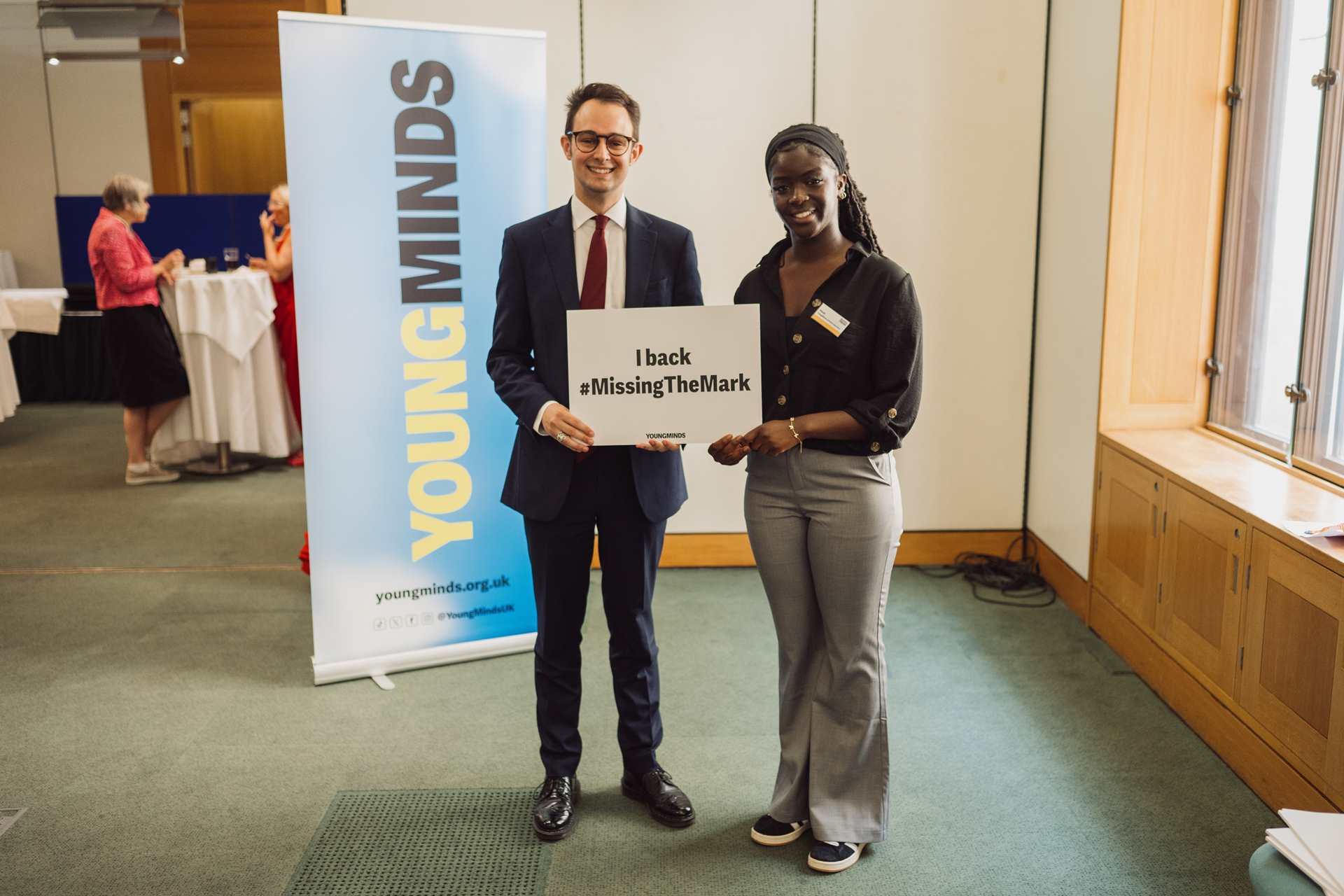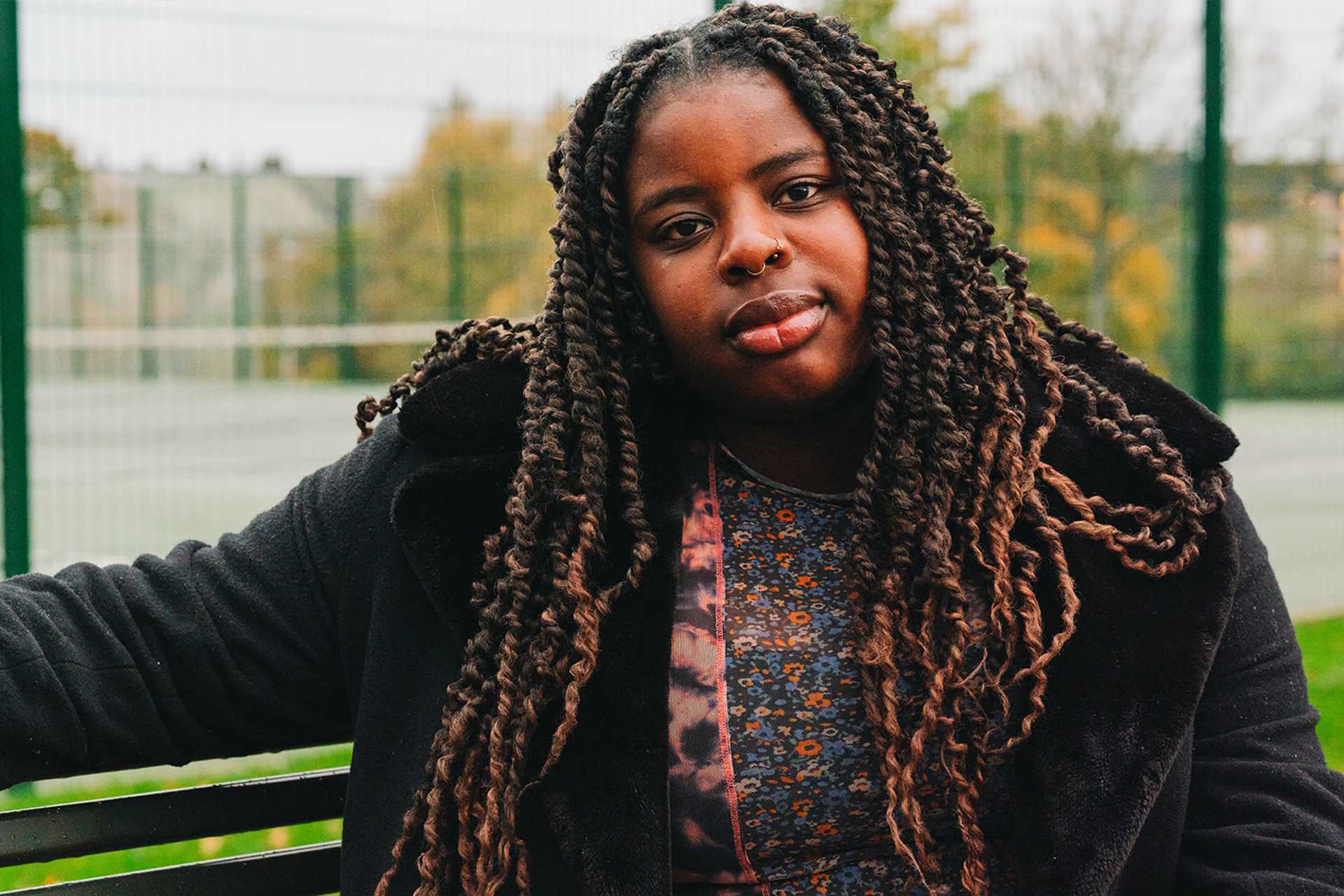Friendship is important when suffering with mental illness. It offers us a shoulder to cry on and someone to confide in, not to mention someone to cheer us up when we’re down. It is great if you feel as though you can open up to friends and it’s great if a friend feels they can open up to you. However, if you’re struggling with your mental health, or even if you’re not, it’s important to set boundaries with friends.
Realising there was a problem
I suffer with obsessive compulsive disorder (OCD). This means I often struggle with anxiety, and the simplest of tasks can be hard for me to complete. Stress makes my OCD worse - I start to do more compulsions and have more intrusive thoughts when my stress levels go up. During a therapy session I mentioned this to my therapist and she asked me what things in my life were causing me stress. Of course, some of my own issues like college and what career to pursue were there. But mostly what was causing me stress was other people’s problems.
I had one friend in particular who shared a lot of her issues with me. Of course, that’s fine – after all, what are friends for? But I wasn’t in a good place to help, and I was taking on other people’s problems like they were my own. I found myself becoming upset and worried about how to look after friends when I was barely managing to look after myself, and at 18 it wasn’t my job to look after people my age.
I found myself becoming upset and worried about how to look after friends when I was barely managing to look after myself.
I would like to imagine I’m approachable, and I feel bad turning away a friend if they need me, but with this one friend it became too much. Each day would bring a new problem, which she would ask for my word to not share with anyone else. Having to keep her problems secret only made me stress more because I didn’t know how to deal with the situation. Meanwhile my OCD was getting worse and I couldn’t even go a day without panicking about what decision I should make for my friend, when it wasn’t my responsibility.
Getting help
When I told my therapist this, she told me that the best thing to do would be to create a boundary with this friend. She told me to be there for her, but to let her know that I couldn’t keep carrying the burden of her problems because I had enough to deal with.
My therapist described me as being like a table with wobbly legs. She told me I was strong enough to keep standing and deal with my own problems but if too much pressure was put on me, I would break. She told me that we were working towards me having stronger legs, but I hadn’t reached that point yet; while that didn’t mean I was weak, it meant I needed to be careful about the pressure I put on myself.
I realised that setting boundaries in friendships doesn’t mean not being there, or being a bad friend, it simply means putting your mental health first, which everyone needs to do sometimes.
I realised that setting boundaries in friendships doesn’t mean not being there, or being a bad friend, it simply means putting your mental health first.
The tips that really helped
My therapist gave me some tips to help. She told me to explain to my friend how I was feeling and that I wasn’t able to cope with both of our problems. She said to tell her that I would always be there for her but ask her to consider whether she really needed to share her problems with me or if there was anyone else she could confide in who would be in a better position to cope with that.
She also told me that if a friend asks to speak to you about a problem they’re having, a great way to set boundaries is to simply ask, ‘Is this a serious problem? If so please know I will have to share it with someone more capable of dealing with it, because I can’t cope on my own right now.’ At first I thought that it might sound rude to say that, and I was worried that my friend wouldn’t feel able to talk to me even if she really needed someone. But when I spoke with my friend, she understood. It highlighted to her that she was putting too much on me. This helped to change her behaviour, which meant a more positive friendship.
My therapist gave me some tips to help. She told me to explain to my friend how I was feeling and that I wasn’t able to cope with both of our problems.
Of course, it’s a good idea to make clear that you are going to be there for your friend when they seriously need you, so they know they aren’t alone. But it just gives you the opportunity to look after yourself and get better. Remember it is not selfish to put your own mental health first. Setting boundaries is necessary, and a good friend will understand that.
More information and advice
We have tips and advice to help you find the support you need. Take a look at our guides.
Where to get help
However you're feeling, there are people who can help you if you are struggling. Here are some services that can support you.
-
Childline
If you’re under 19 you can confidentially call, chat online or email about any problem big or small.
Sign up for a free Childline locker (real name or email address not needed) to use their free 1-2-1 counsellor chat and email support service.
Can provide a BSL interpreter if you are deaf or hearing-impaired.
Hosts online message boards where you can share your experiences, have fun and get support from other young people in similar situations.
- Opening times:
- 24/7
-
Samaritans
Whatever you're going through, you can contact the Samaritans for support. N.B. This is a listening service and does not offer advice or intervention.
- Opening times:
- 24/7






